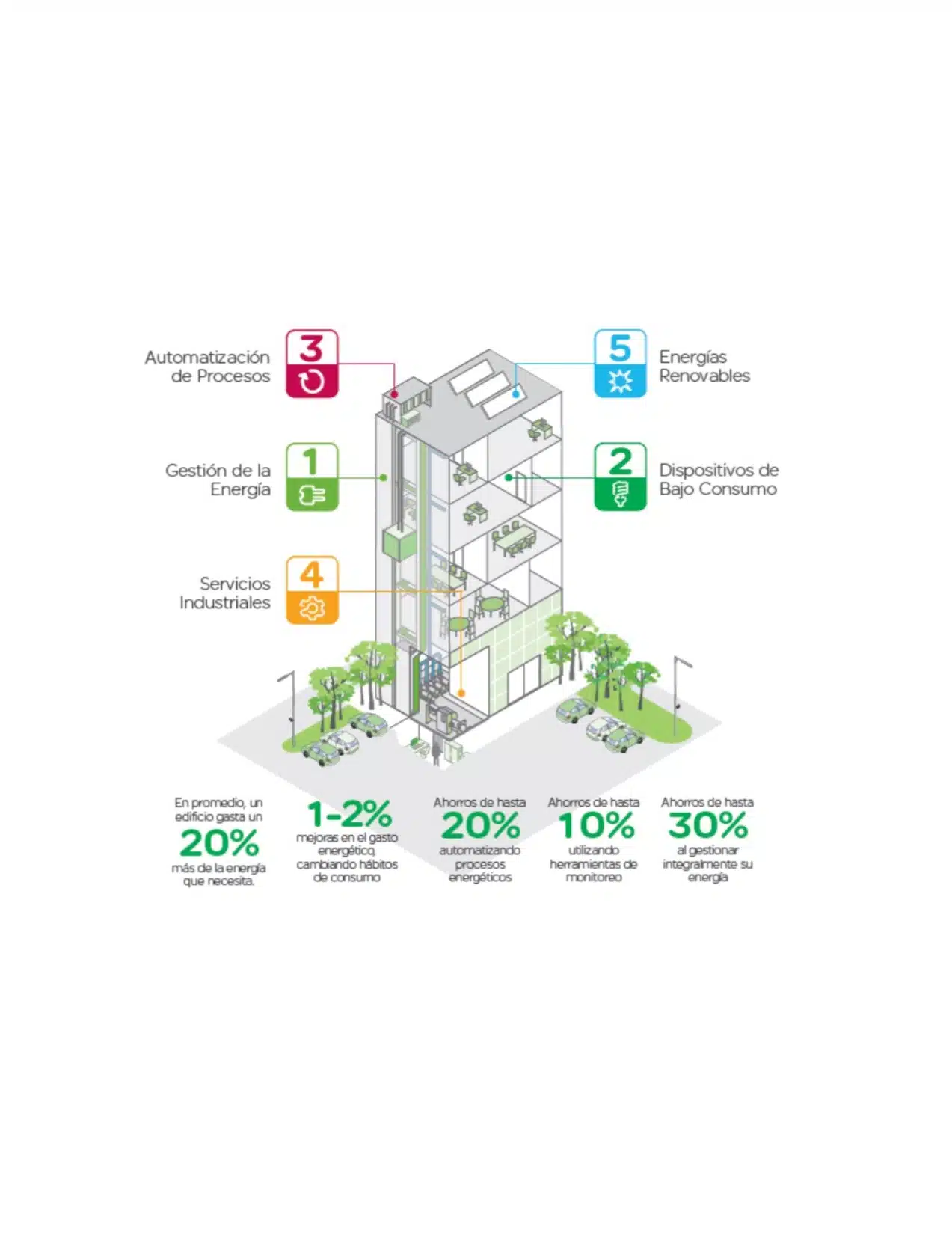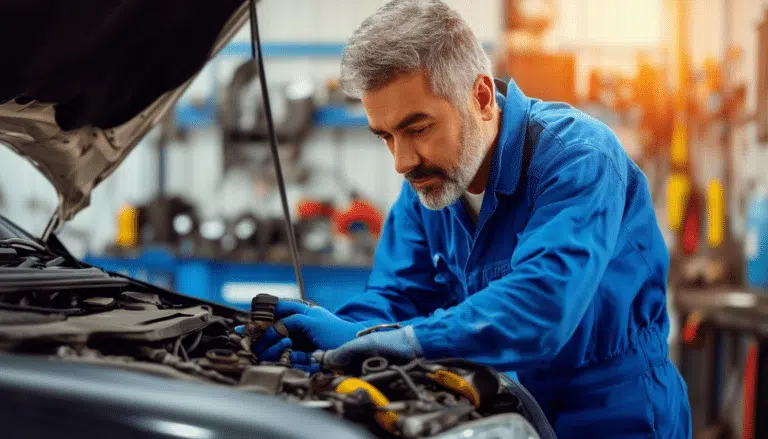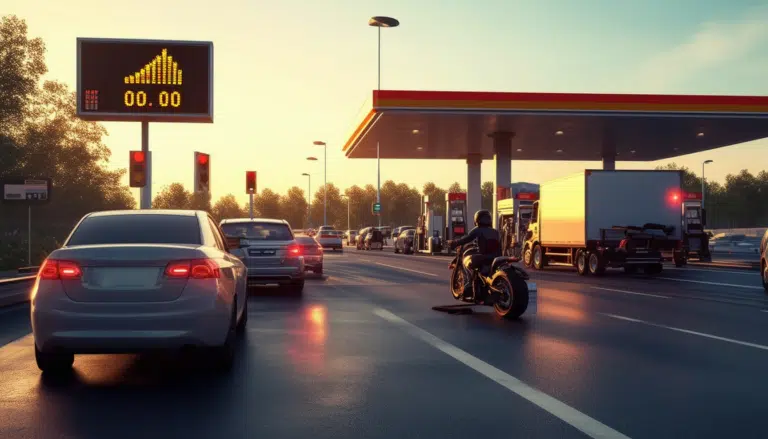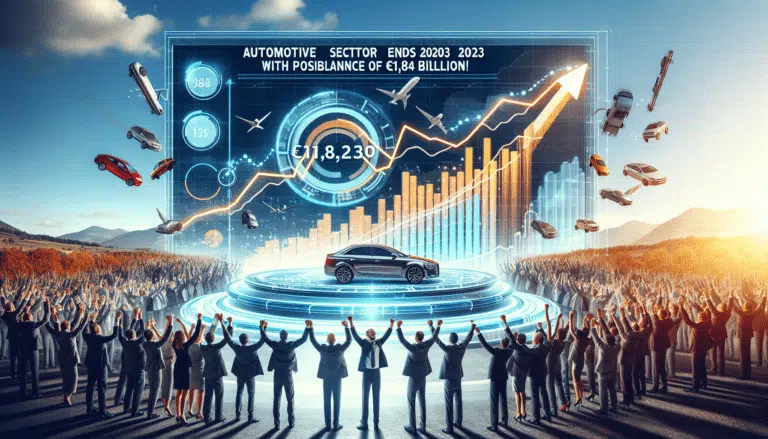La UE will impose a minimum reduction of 40% in the electricity consumption of households

The European Union has made a crucial decision in its efforts to combat climate change: a minimum reduction of 40% in household electricity consumption will be required. This measure is part of a broader set of policies aimed at increasing energy efficiency and decreasing dependency on fossil fuels, thus seeking a more sustainable and less polluting future for the European continent.
The European Union has launched a crucial initiative in its fight against climate change, establishing a minimum reduction of 40% in household electricity consumption. This measure aims to increase energy efficiency and decrease dependency on fossil fuels, contributing to a more sustainable future and the reduction of greenhouse gas emissions.
Boosting energy efficiency
The EU’s objective is clear: to persuade citizens of the importance of cutting at least 40% of their daily energy consumption. These measures are expected to benefit not only the environment but also household economies by reducing the annual energy bill. The initiative is part of a wider effort to meet the climate goals established in the European Green Deal.
Specific measures for households
Households are responsible for a significant portion of energy consumption in the EU, which is why new regulations are being implemented to optimize energy use. The focus is on heating and cooling of buildings, areas that account for 40% of all energy consumed. The EU has identified that nearly 75% of buildings operate with energy inefficiency, presenting a key area for improvement.
New standards and goals
Reforms driven by Brussels will establish stricter standards regarding energy consumption. It is anticipated that starting from 2030, the goals will include a 42.5% reduction in primary energy consumption. This strategy will allow European countries to move towards a more sustainable model, thereby contributing to a decrease in dependency on fossil fuel imports.
Economic and environmental impact
Improving energy efficiency will not only help reduce CO2 emissions, but it will also have a positive impact on household economics. According to estimates, these measures could cut the EU’s annual energy bill, which currently amounts to 330 billion euros, by allowing greater independence from energy imports.
Renewable energies as part of the solution
The transition to cleaner energy sources will become essential to achieve these objectives. The new regulations will promote the installation of solar panels in new buildings, ensuring that these constructions contribute to a more sustainable energy system. The integration of renewable energies is considered a fundamental strategy to achieve climate neutrality by 2050.
Mobilization and citizen awareness
The success of these measures will also depend on the mobilization and awareness of the population. Informational campaigns will be launched to educate citizens on the importance of reducing energy consumption and sustainable practices in households will be encouraged. This includes advice on efficient use of appliances and adopting daily habits that contribute to lower energy consumption.
Final conclusions
As the EU moves towards a significant reduction in household energy consumption, it is essential that both institutions and citizens collaborate to achieve a more sustainable and efficient future. The reforms being implemented promise a positive impact on both the environment and the economy of European households.
Reduction of Electricity Consumption in EU Households
The recent decision by the European Union to impose a minimum reduction of 40% in household electricity consumption marks an important milestone in the fight against climate change and energy dependence. This measure aligns with the urgency to decrease greenhouse gas emissions and promote sustainability practices in the daily lives of citizens. Households, responsible for a significant portion of energy consumption, will face the necessity to adopt more efficient and environmentally friendly solutions.
The commitment to cutting energy consumption reflects a clear investment in energy efficiency that seeks not only savings but also the strengthening of energy security in an uncertain global context. Moreover, this goal will help reduce the energy bill for citizens, resulting in substantial economic savings and a reduction in dependency on fossil fuels.
MEPs emphasize that this initiative will require a coordinated effort at the level of member states, as well as a change in infrastructure and the way buildings are constructed and managed. The new proposed standards include improvements in insulation, the installation of solar panels, and the implementation of more efficient heating and cooling systems.
Furthermore, community involvement will be essential to achieve these goals. Education and awareness about responsible energy use are fundamental to ensuring that both individuals and families adopt more sustainable habits that help meet the goal of reducing electricity consumption. The energy future of the EU depends not only on policies but also on the commitment of each of its citizens.




